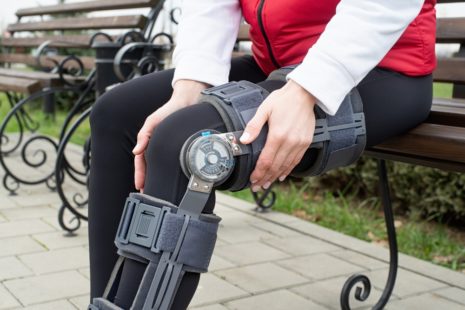Soreness in the neck is a common issue for Brazilian Jiu-Jitsu (BJJ) practitioners and can be attributed to several factors related to the nature of the sport and training regimen.
Here are some possible reasons why your neck may be sore after BJJ…
- Posture During Training – BJJ involves various grappling techniques, ground fighting, and positional control, which often require practitioners to maintain specific body positions and postures, including bending, twisting, and arching of the neck. Poor posture during training, such as hunching forward or holding the neck in an awkward position, can lead to muscle strain and tension in the neck muscles.
- Neck Strain from Techniques – BJJ techniques such as takedowns, sweeps, submissions, and defensive maneuvers may require significant use of the neck muscles for stabilization and resistance against opponent’s movements or pressure. This can lead to overuse or strain of the neck muscles, resulting in soreness and discomfort.
- Gripping and Neck Pressure – Gripping and controlling an opponent’s gi (uniform) or body during BJJ training often involves engaging the muscles of the arms, shoulders, and upper back, which can indirectly affect the muscles of the neck and cervical spine. Techniques such as collar chokes, guillotine chokes, or neck cranks may exert pressure on the neck, leading to soreness or discomfort.
- Repetitive Movements – BJJ training involves repetitive movements and positions that can place stress on the neck muscles and joints over time. Constantly bridging, shrimping, or performing guard retention drills can contribute to muscle fatigue and soreness in the neck.
- Impact and Falls – BJJ training may involve accidental impacts, falls, or collisions during sparring or live rolling sessions, which can jar the neck and cervical spine and lead to soreness or stiffness.
- Muscle Imbalances or Weakness – Imbalances in muscle strength or flexibility between the muscles of the neck, shoulders, and upper back can contribute to poor posture and neck discomfort during BJJ training. Weakness in the neck stabilizers or tightness in certain muscle groups may exacerbate soreness or discomfort.
To help alleviate neck soreness and prevent injuries during BJJ training, consider the following strategies…
- Warm up thoroughly before training sessions to prepare the muscles and joints for movement.
- Focus on maintaining good posture and alignment during techniques and positional drills.
- Practice proper breathing techniques to reduce tension in the neck and upper body.
- Incorporate exercises to strengthen the neck muscles, such as neck retractions, chin tucks, and cervical spine stabilization exercises.
- Stretch and mobilize the neck muscles regularly to improve flexibility and reduce stiffness.
- Communicate with your training partners and coaches about any discomfort or limitations you may experience during training.
- Listen to your body and avoid pushing through pain or discomfort that could indicate an injury.
- Consider consulting with a physical therapist or healthcare professional for personalized guidance and exercises to address neck soreness or discomfort related to BJJ training.
By implementing these strategies and paying attention to proper technique and body mechanics during training, you can help minimize neck soreness and optimize your performance and enjoyment of BJJ.




